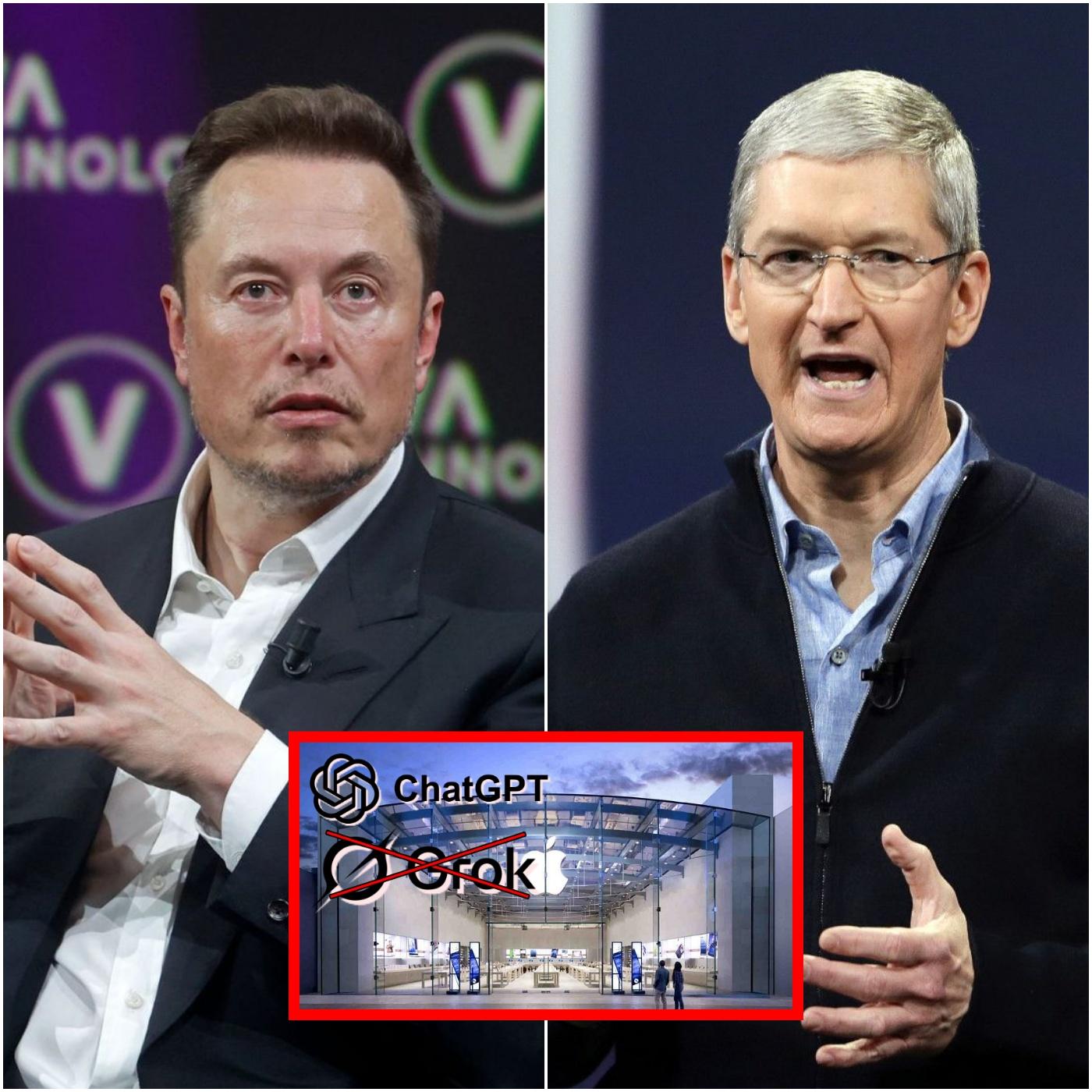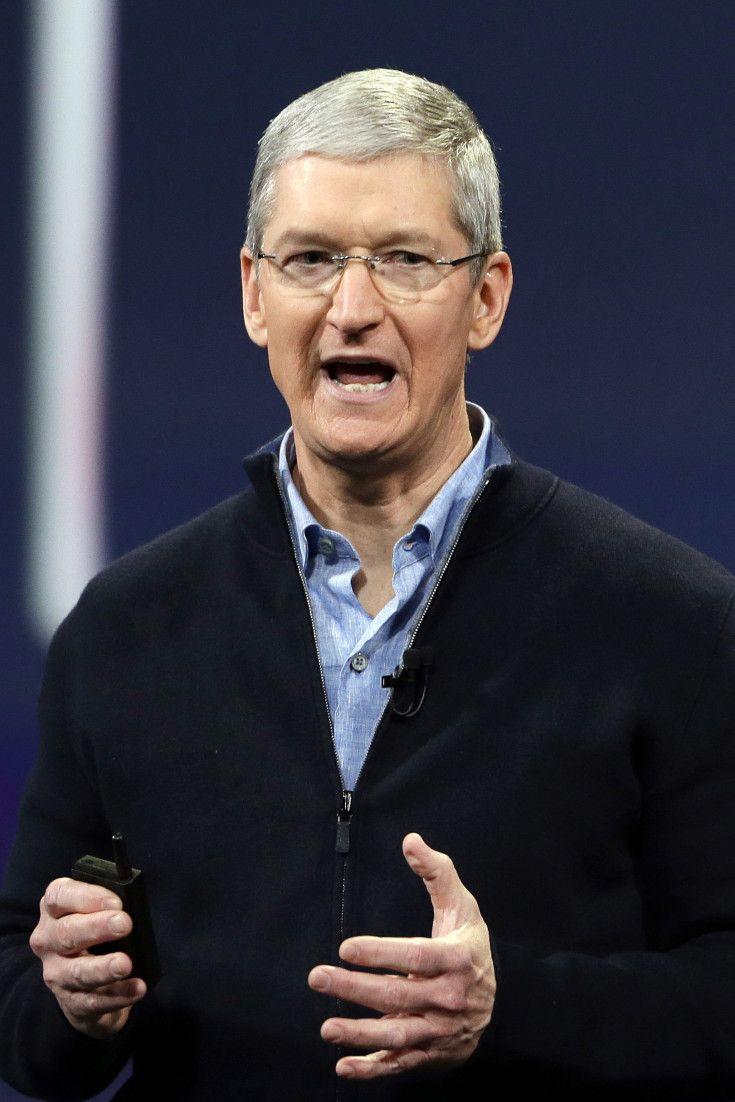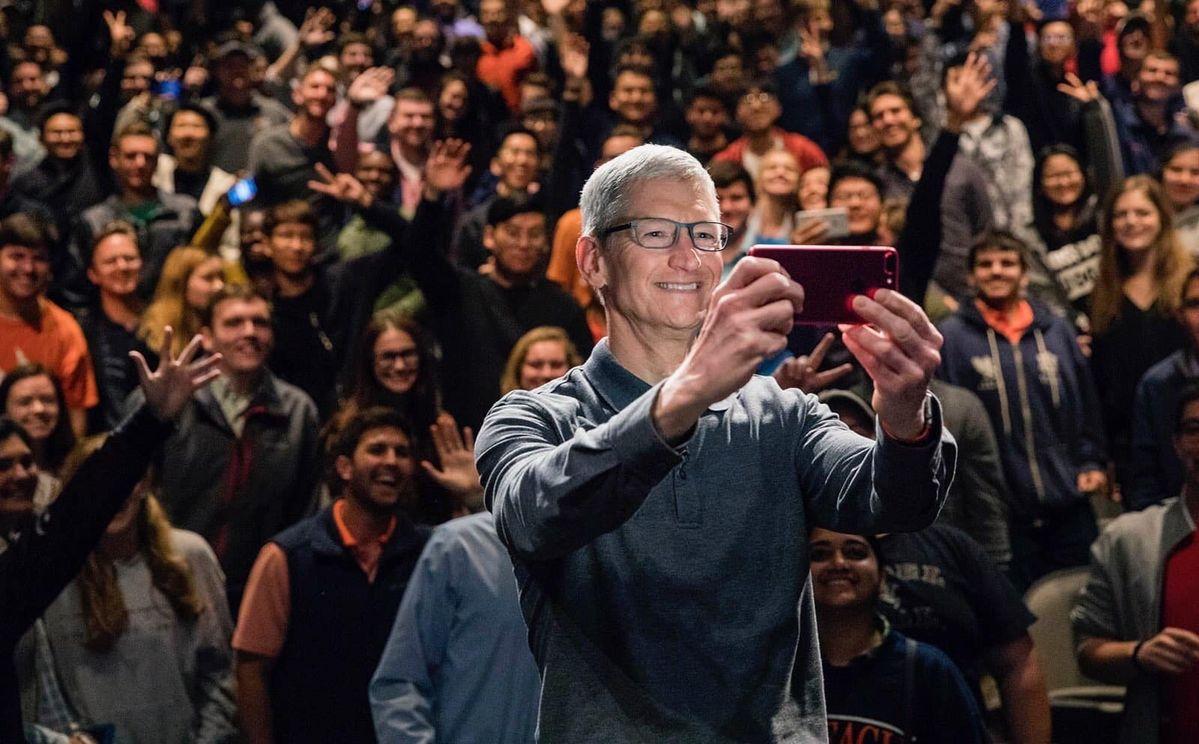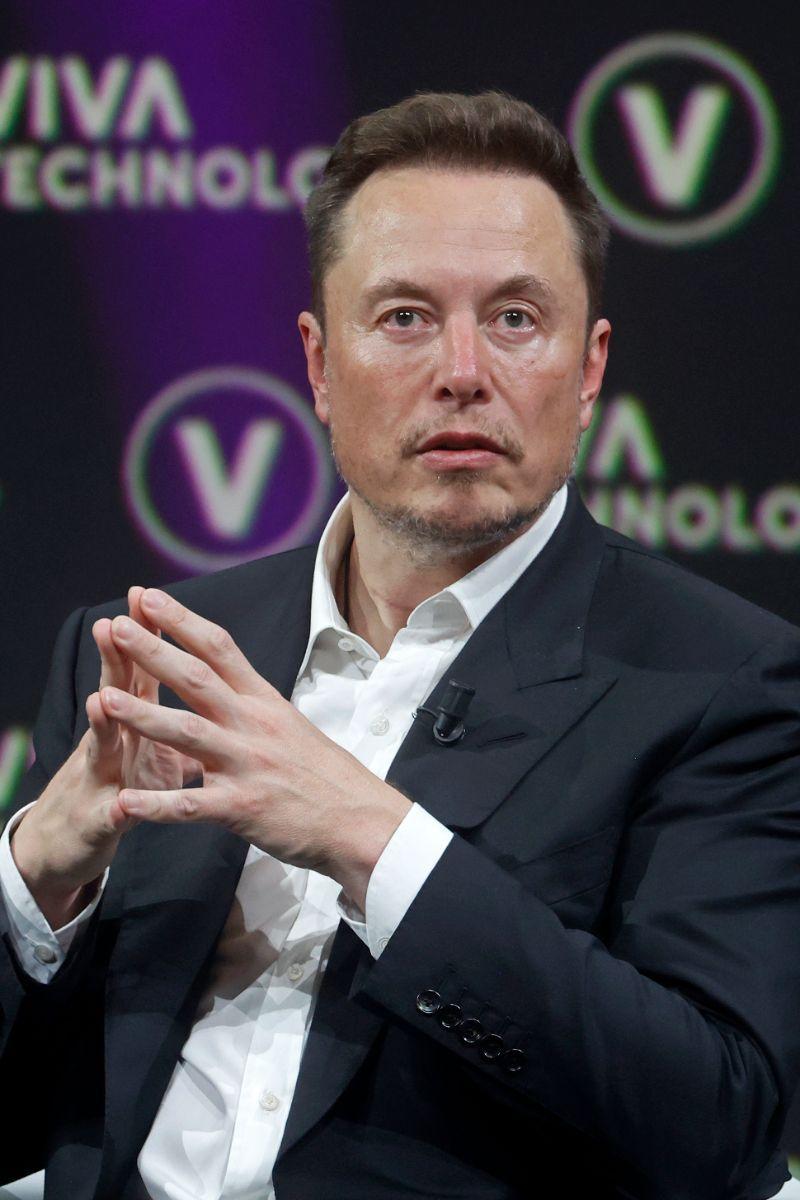Elon Musk questioned Apple over concerns that the App Store won’t support his AI app, Grok, compared to OpenAI’s ChatGPT.

In a new episode of his well-known tendency to challenge tech giants, Elon Musk, the mogul behind companies like Tesla, SpaceX, and xAI, has turned his attention to Apple, accusing the Cupertino company of unfair practices in the management of its App Store. Musk, through his artificial intelligence startup xAI, expressed his frustration at the lack of visibility of his chatbot Grok in the “Must-Have” section of the App Store, despite the app’s remarkable popularity among users. According to Musk, this exclusion not only limits Grok’s exposure but also favors competitors like ChatGPT, the well-known artificial intelligence model developed by OpenAI, a company with which Musk has a long-standing rivalry.

The dispute began when Musk pointed out on his X platform that Grok, which ranks sixth in the “Best Free Apps” category on the US App Store, has not received the same preferential treatment as ChatGPT, which consistently tops the rankings. In a direct message, Musk questioned whether Apple was “playing politics” by not including Grok or X on its coveted list of featured apps. “Why do you refuse to include X or Grok in your ‘Must Have’ section when X is the #1 news app in the world and Grok is in the top 5 of all apps?” Musk wrote, making it clear that he considers the omission an antitrust violation. According to Musk, Apple’s partnership with OpenAI, which allows for native integration of ChatGPT into iPhone, iPad and Mac devices, gives its competitor an unfair advantage.

Apple’s response was swift. The company defended the impartiality of its App Store, stating that apps are selected using “objective criteria” and algorithms designed to ensure a safe and equitable experience for users. Apple noted that its goal is to offer a platform that promotes “safe searching” and provides opportunities for developers, denying any bias toward ChatGPT. Furthermore, the company referenced its SEO (search engine optimization) efforts within the App Store, ensuring that apps are ranked based on their performance, quality, and relevance to users, not based on exclusive agreements. This explanation, however, does not seem to have convinced Musk, who has already threatened to take legal action against Apple, accusing it of anti-competitive practices that harm both xAI and its social network X.

The clash between Musk and Apple is not a one-off, but rather part of a larger narrative involving the growing competition in the artificial intelligence market. Grok, introduced by xAI in November 2023, has quickly gained traction thanks to its irreverent approach and ability to answer questions in a straightforward style, often avoiding the restrictions that other AI models impose on sensitive topics such as politics or religion. The most recent version, Grok 4, launched in July 2025, propelled the app to climb the App Store ladder, reaching fifth place in downloads after being offered for free. However, despite this success, it has failed to overtake ChatGPT, which Musk attributes to alleged favoritism on Apple’s part.
On the other hand, the rivalry between Musk and OpenAI adds a personal undertone to this dispute. Musk co-founded OpenAI in 2015, but left the organization in 2018 following disagreements over its direction toward a for-profit model. Since then, he has repeatedly criticized OpenAI and its CEO, Sam Altman, accusing them of betraying the original mission of developing AI for the benefit of humanity. This tension intensified when Apple announced in June 2024 a partnership with OpenAI to integrate ChatGPT into its devices, a decision Musk called “absurd” and even led him to threaten to ban Apple devices from his companies.
Apple’s response to the conflict has been measured but firm. The company emphasized that its App Store operates under principles of transparency and fairness, and that editorial decisions are not influenced by political preferences or exclusive agreements. However, Musk’s accusations have reignited debate about Apple’s control over its digital ecosystem, an issue that has already faced scrutiny from regulators in the United States and Europe. In 2024, the U.S. Department of Justice filed an antitrust lawsuit against Apple for its dominance in the smartphone market, while the European Union imposed a €500 million fine for restrictive practices in the App Store.
As the legal battle unfolds, Musk’s case against Apple and OpenAI promises to be a turning point in the regulation of digital platforms and the artificial intelligence market. For Musk, this isn’t just a fight for Grok’s visibility, but a crusade to ensure a level playing field in an industry he himself sees as the future of humanity. Meanwhile, App Store users continue to choose between Grok and ChatGPT, oblivious to the power struggles unfolding behind the scenes. The question remains whether Musk’s accusations will resonate in the courts or whether, as some analysts suggest, his criticisms reflect more personal frustration than a concrete violation of antitrust rules.






